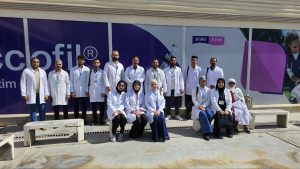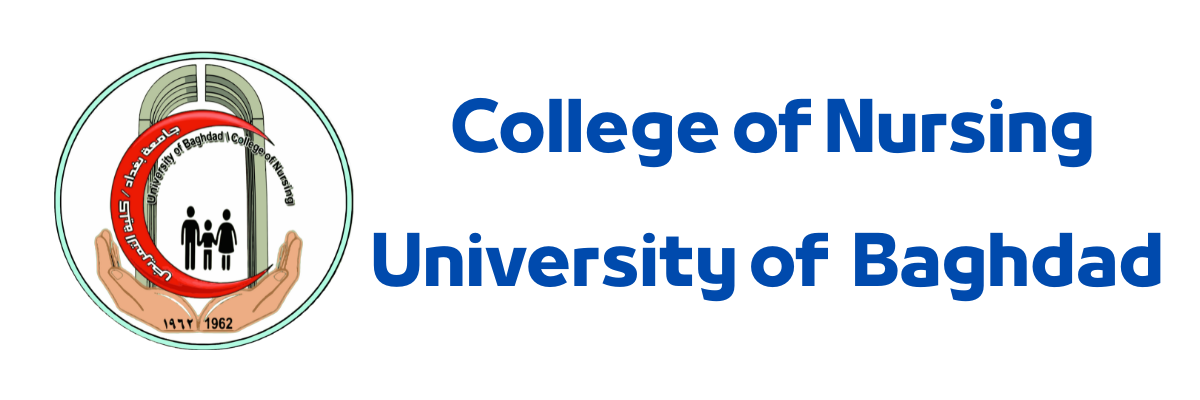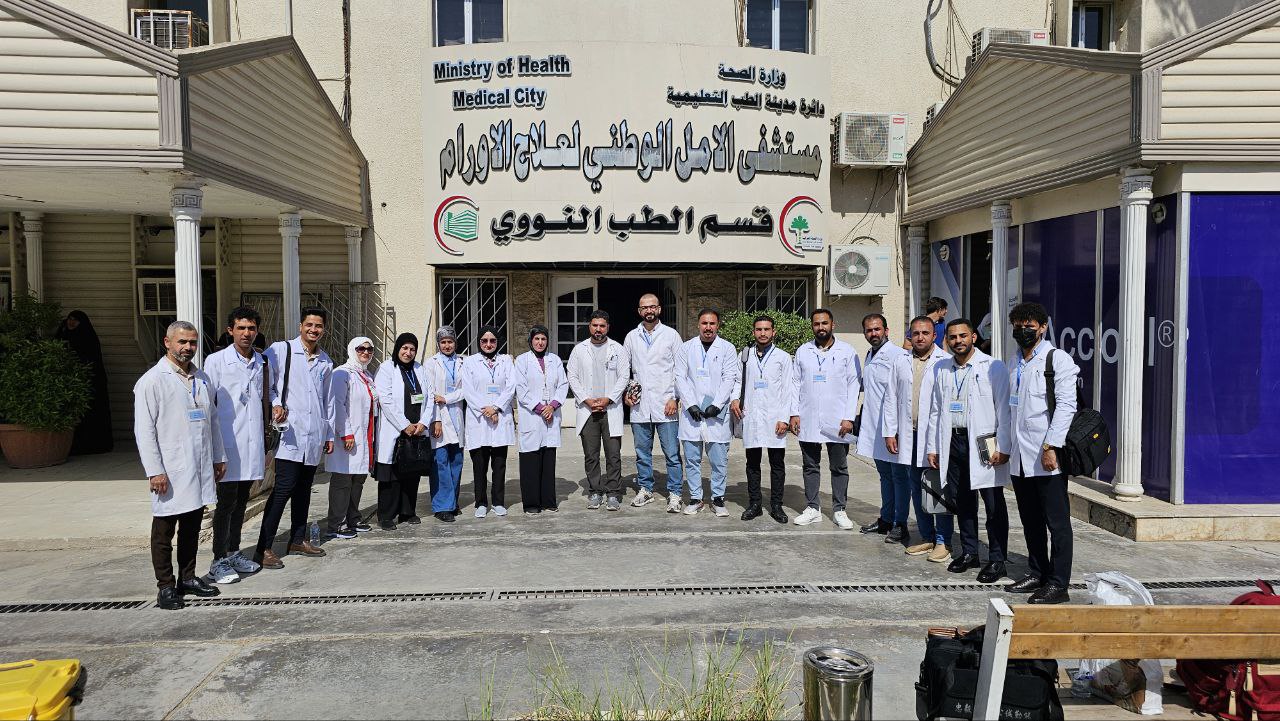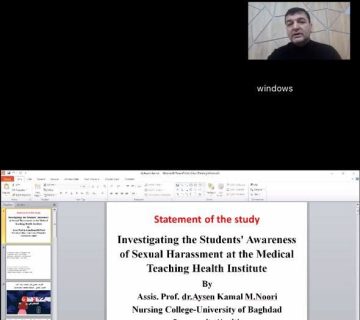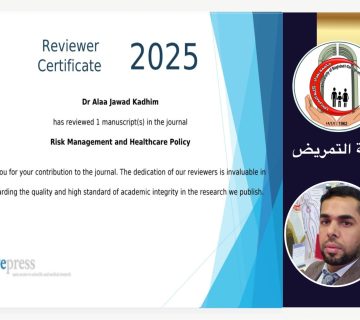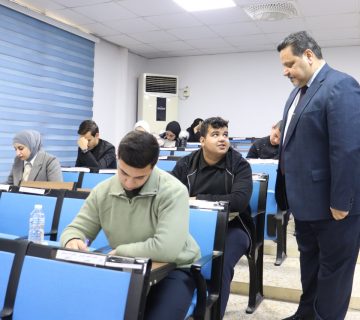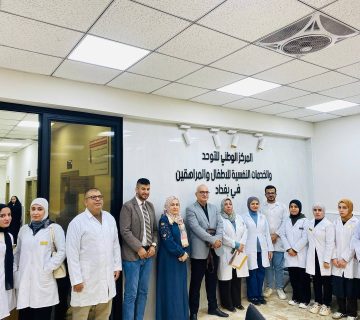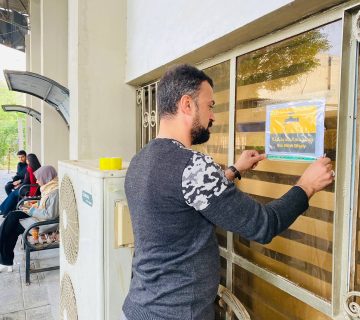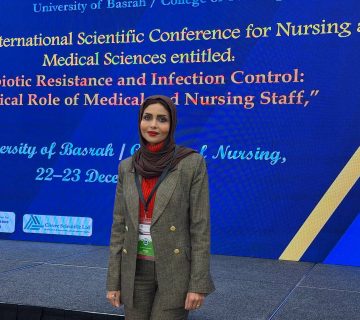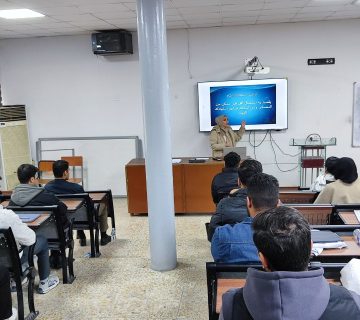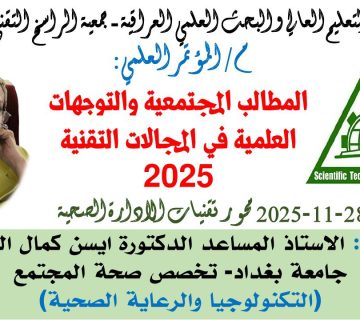College of Nursing at the University of Baghdad for the academic 2026-2025 year Within the scientific and applied programs of the the adult nursing branch organized a field visit for master’s students to Al-Amal National Oncology Hospital. The visit was supervised by Assistant Professors Dr. Wafa Abdul Ali Hattab and Dr. Sarwan Jaafar Baqi, with the aim of linking the theoretical aspect with practical training and enhancing the students’ experiences in the field of cancer care.
The visit aimed to familiarize the students with the reality of the health services provided to cancer patients, and to learn about the nursing care methods used. This included observing the procedures for administering treatments (chemotherapy and radiation), and learning about the latest treatments and care provided by the health staff, in addition to the psychological and social support programs provided within the hospital wards and rapid glaucoma units for patients and accompanying families.
The visit also represented an important opportunity for direct dialogue with medical and nursing staff about the practical challenges and solutions applied in the care of this category of patients. The students expressed that they benefited greatly by enhancing their knowledge of treatment methods and new types of cancer treatment, the role of nursing in prevention and minimizing complications, and realizing the importance of the role of nursing in improving the quality of life of patients and supporting their families.
The visit concluded by emphasizing the importance of continuing to organize such field activities, as they have a direct impact on the development of students’ research and clinical skills. This activity is an embodiment of contributing to the realization of the Sustainable Development Goals, specifically the third goal “Good Health and Wellbeing”. By developing the capabilities of future nursing cadres, the quality of nursing care provided to cancer patients is ensured, ensuring their right to receive the best levels of health care, and enhancing their future contribution to building a sustainable and equitable health system.
